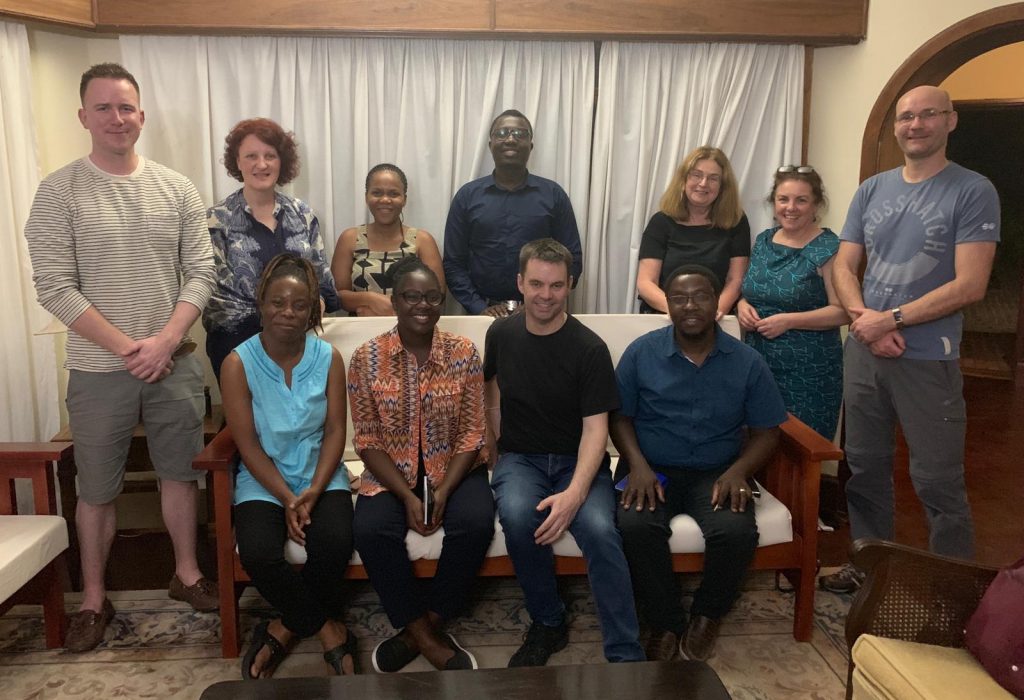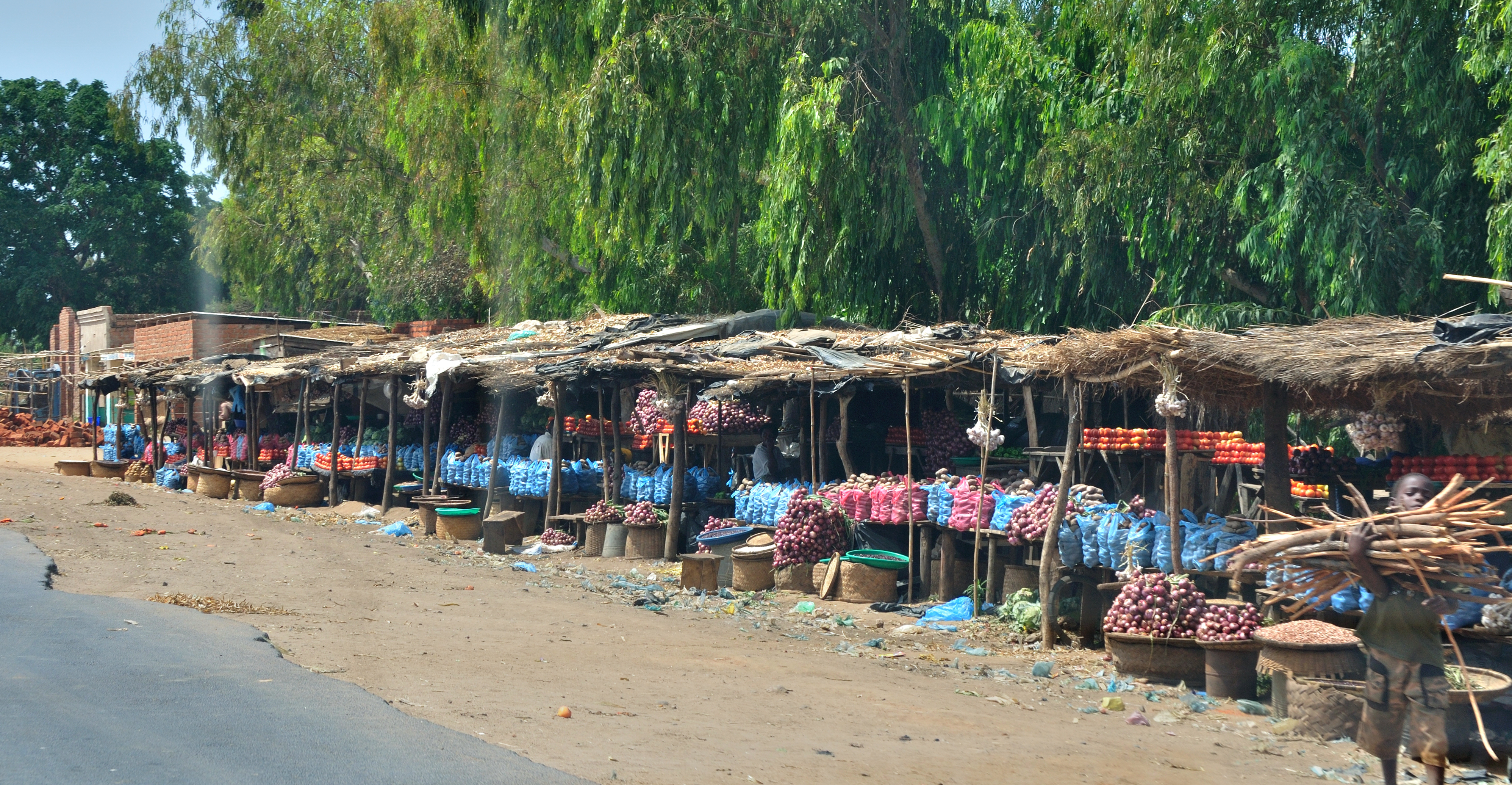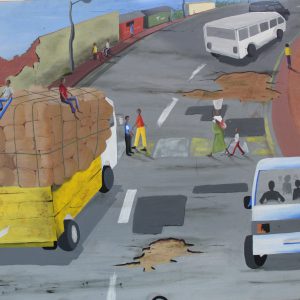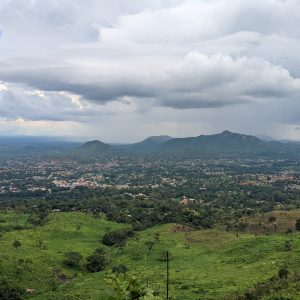The projected 500 million road traffic deaths and injuries between 2020 and 2030 are a preventable epidemic.
Everyone knows that roads are dangerous, but many people are surprised when they find out just how deadly they can be.
Road traffic collisions are the eighth biggest killer in the world. About 1.4m people are killed every year – that’s about one every 23 seconds. Another 20m to 50m are injured but survive, often with life-changing disabilities.
Road trauma in sub-Saharan Africa
The vast majority of deaths from these collisions happen in low and middle income countries, such as those in sub-Saharan Africa. They affect productivity, family life and well-being in countries where people are already struggling to survive.
Most road fatalities in sub-Saharan Africa are pedestrians, cyclists and motorcyclists. Many people have no other mode of transport than walking or cycling. It’s common to see children and adults walking along the edges of extremely busy roads, and vendors selling their goods there.
Roads are often poorly designed and inadequately maintained. Barriers, signage and footpaths tend to be poor or nonexistent. Vehicles are often badly maintained, while there are significant problems with driver training, drink driving and police enforcement of traffic laws.
What’s happening?

This week (19-20 February 2020) the 3rd Global Ministerial Conference on Road Safety has been taking place in Stockholm, Sweden. The conference marks the end of the UN Decade of Action for Road Safety 2011–2020. It has brought together a range of people – from youth committed to making a change, to international leaders – all committed to making a difference and reducing road traffic trauma. A key declaration has been a commitment by 130 nations to mandate maximum speeds of 30km/h in areas where vulnerable road users and vehicles frequently mix, except where “strong evidence” shows higher speeds are safe.
There is lots to do to meet #GlobalGoals2030. As the Stockholm 2020 declaration says, the projected 500 million road traffic deaths and injuries worldwide between 2020 and 2030 constitute a preventable epidemic.
Where does Safe Roads Africa fit in?
Safe Roads Africa is a partnership of academics, clincians, NGO’s and social enterprises from Scotland, Malawi and Zambia. We work with national stakeholders and community members in Malawi and beyond.

Our aim is to provide develop and evaluate affordable evidence-based solutions to reduce and respond to road traffic related trauma that can be spread at scale. We endorse the WHO safe systems approach to develop safe roads and roadsides, safe speeds, safe vehicles, and safe road users.
Recognising that the scale of the road traffic trauma in low and middle income countries is vast, we take a global health interdisciplinary approach to developing and evaluating scalable community-based solutions that:-
- Reduce the likelihood of collisions
- Respond to road traffic trauma when they occur
- Rehabilitate injured individuals to return to productive high quality lives.





